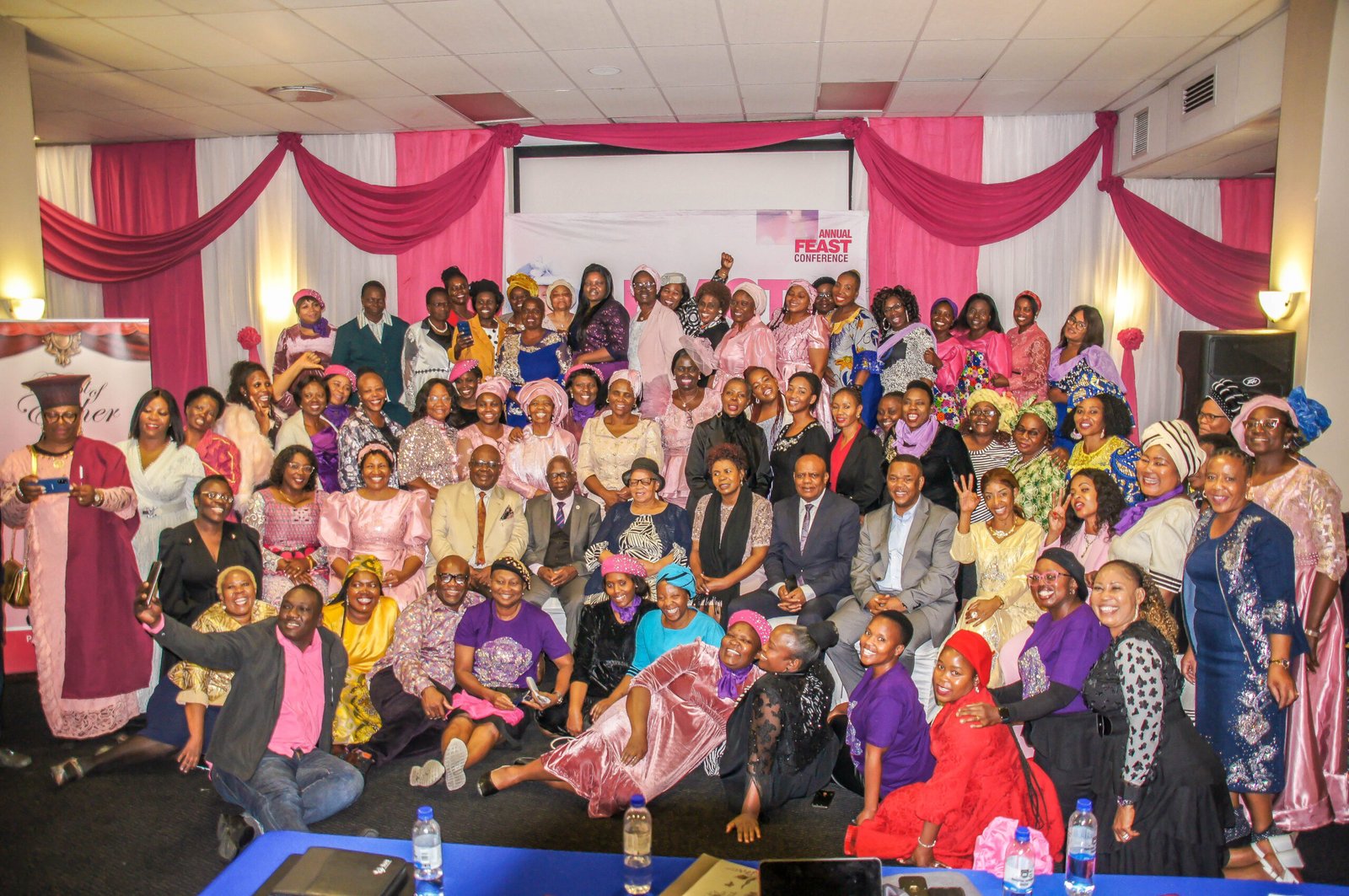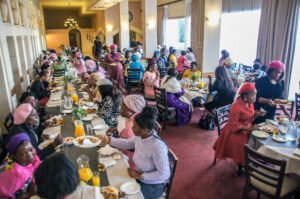Reviving Revivals: Women’s Role in Sparking Spiritual Awakening
Throughout history, women have played a significant role in sparking spiritual awakening and reviving revivals. Their contributions have been instrumental in shaping religious movements, inspiring others, and creating lasting change. In this blog post, we will explore the important role that women have played in revivals and how their influence continues to impact communities today.
The Historical Impact
From the early days of Christianity to the present, women have been at the forefront of revivals. One notable example is the First Great Awakening in the 18th century, where women like Sarah Edwards and Phoebe Palmer played key roles in spreading the message of revival. Their commitment to faith and their ability to communicate effectively helped ignite a spiritual fervor that spread like wildfire.
During the Second Great Awakening in the 19th century, women’s contributions were even more pronounced. Women like Harriet Beecher Stowe, Sojourner Truth, and Catherine Booth not only participated in revivals but also used their platforms to advocate for social justice issues such as abolitionism and women’s suffrage. Their involvement in both religious and social causes helped bring about significant societal changes.
Women as Spiritual Leaders
Women have long been spiritual leaders within their communities, even when their roles were limited by societal norms. They have served as pastors, evangelists, missionaries, and teachers, sharing the message of revival and inspiring others to seek a deeper connection with their faith.
One notable example is Aimee Semple McPherson, a charismatic preacher in the early 20th century. She founded the Foursquare Church and became one of the most influential religious leaders of her time. Through her dynamic preaching and healing services, she sparked a revival that attracted thousands of followers.
Today, countless women continue to serve as spiritual leaders, guiding their congregations and communities towards revival. Their unique perspectives, empathy, and nurturing qualities bring a fresh approach to religious practices and inspire others to seek spiritual awakening.
Women as Catalysts for Change
Women have also been catalysts for change beyond the realm of religion. Their involvement in revivals has often led to social and cultural transformations. During the temperance movement in the 19th and early 20th centuries, women played a vital role in advocating for the prohibition of alcohol. Their efforts were fueled by a desire to protect families and promote a healthier society.
In more recent history, women have been at the forefront of movements for gender equality, civil rights, and environmental justice. Their experiences within religious revivals have empowered them to fight for justice and equality in all areas of life.
Continuing the Legacy
As we look to the future, it is important to recognize and celebrate the contributions of women in reviving revivals. Their unique perspectives, passion, and dedication have shaped religious movements and inspired generations of believers.
However, it is also crucial to address the barriers that women have faced and continue to face in their pursuit of leadership roles within religious communities. By promoting gender equality and inclusivity, we can ensure that women’s voices are heard and their contributions are valued.
Revivals are not a thing of the past – they continue to happen in communities around the world. And women play a vital role in sparking and sustaining these spiritual awakenings. Let us embrace their leadership, celebrate their contributions, and support their efforts to bring about positive change.
In conclusion, women have played a significant role in reviving revivals throughout history. Their influence as spiritual leaders, catalysts for change, and advocates for justice cannot be overstated. As we continue to strive for spiritual awakening in our communities, let us recognize and honor the important contributions of women in shaping the religious landscape.








